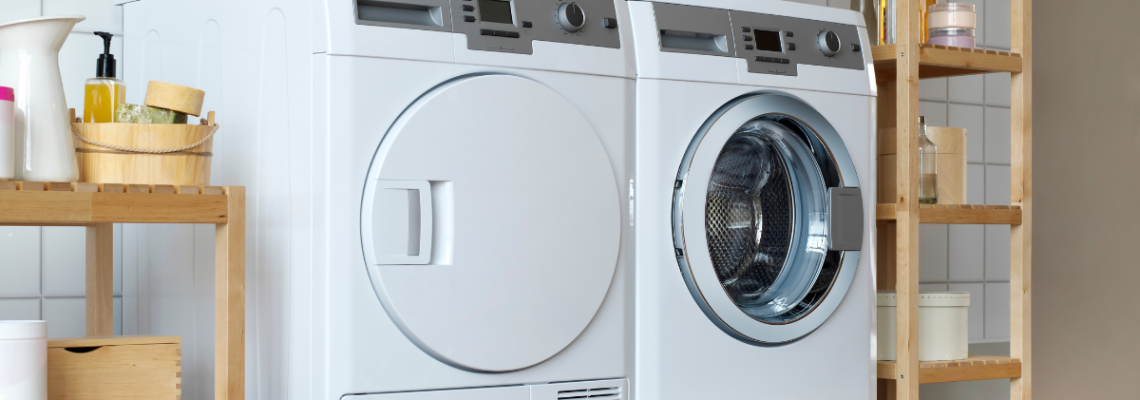Repair or replace? That is the question when one of your most trusted home appliance is broken.
Generally, repairs will always be cheaper upfront than replacing, but you have to consider whether the repair will be the best value for money in the long run.
What to consider when your appliance is broken and you are making the decision to repair or replace:
- Is it under warranty? If the appliance is under warranty, it is possible that this will cover the repairs if it’s a manufacturing fault.
- How old is it? Although there are exceptions to the rules, appliances do have a lifespan. Most appliances should have a shelf life of around 10 years – a quick search will tell you how long you’re looking for for your particular appliance. If it’s approaching this ripe old age, then it might not be worth the cost to repair and it might be time to say RIP. However, if it still has plenty of life left then you may want to consider repairing it.
- How much are repairs going to cost? If the repairs are going to cost more than half the price of a new appliance, you may want to consider replacing it, especially when taking into consideration its age.
- How long will the repairs last? If whatever has broken is likely to break again in future or lead to other parts of the machine breaking, then replacing might be the better option.
- Do you need a more energy-efficient appliance? Once you’ve calculated the repair costs, new appliance prices, and age of your appliance, you need to factor in the energy expenses. It can be worthwhile to upgrade if your old appliance uses more energy than a new one. For instance, research indicates that a new refrigerator uses around half the energy of a fridge that is 20 years old.
How to extend the life of your appliances:
Good practices will go a long way in helping you avoid appliance repairs. Every appliance is different, but you can follow these general maintenance tips:
- Replace filters: this is an essential practice for maintaining kitchen appliances like microwaves, refrigerators, and dishwashers, which use filters that must be periodically replaced.
- Clean vents on appliances such as microwaves.
- Clean your appliances regularly to avoid food, calcium deposits and general gunk from damaging your appliances.
If you do replace your appliance, be sure to dispose of your old one correctly, recycling it where possible.
If you are unsure what is wrong with your appliance and suspect it may need repairing, Bayside Appliance Repairs can tell you exactly what’s wrong and provide you with an honest quote before you make the decision to repair or replace it.


